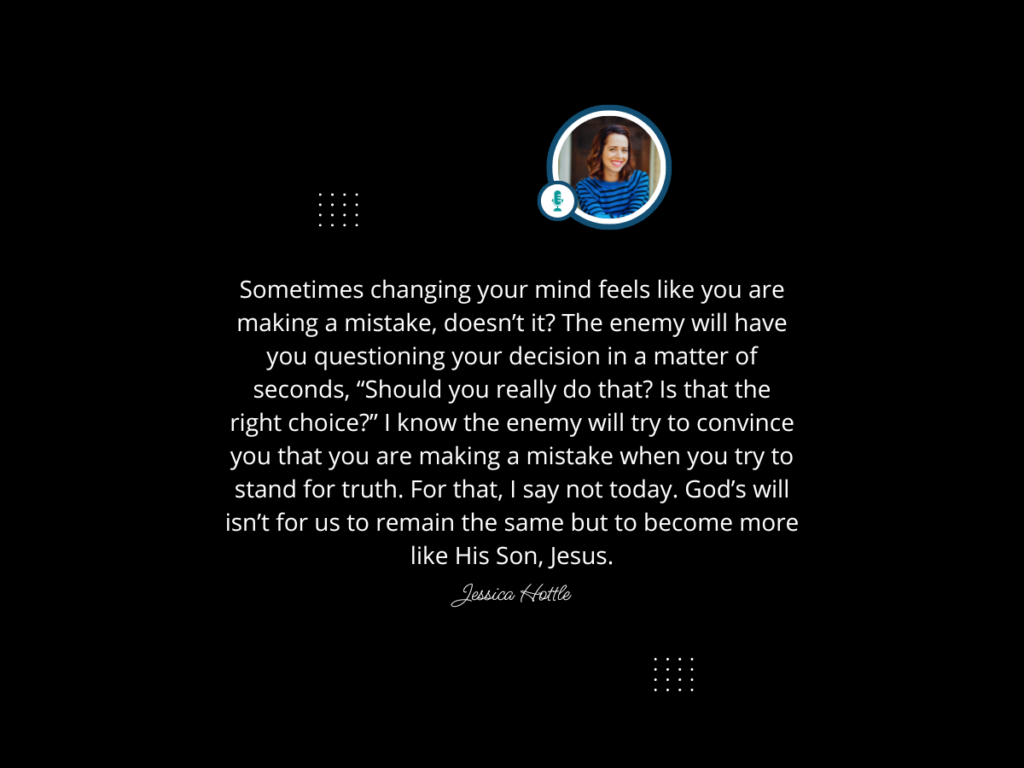According to the Bible, God’s will is revealed through various means, including His written word, the scriptures. 2 Timothy 3:16-17 says, “All Scripture is breathed out by God and profitable for teaching, for reproof, for correction, and for training in righteousness, that the man of God may be complete, equipped for every good work.”
Therefore, what does it mean to be at the center of God’s will according to scripture?
Key Aspects of God’s Will in the Bible
Salvation and Relationship with God: The Bible teaches that God’s will is for all people to come to know Him, repent of their sins, and enter into a personal relationship with Him through faith in Jesus Christ (John 3:16, 1 Timothy 2:3-4).
Moral and Ethical Living: The Bible outlines principles and commands that guide believers in living a righteous and holy life. It includes instructions on how to treat others, how to conduct business, and how to pursue justice and righteousness (Micah 6:8, Romans 12:2).
Love and Compassion: The Bible emphasizes the importance of love and compassion towards others. Jesus taught that the greatest commandments are to love God with all our hearts and to love our neighbors as ourselves (Matthew 22:37-40).
Trust and Obedience: The Bible encourages believers to trust in God’s wisdom and guidance and to obey His commands. This includes seeking God’s will in prayer, studying His word, and following the leading of the Holy Spirit (Proverbs 3:5-6, Romans 12:1-2).
Service and Mission: The Bible highlights the call for believers to serve others and to share the message of God’s love and salvation with the world. This involves using our gifts and talents to serve others and being a light in the world (Matthew 28:19-20, 1 Peter 4:10-11).
It is important to note that interpretations of God’s will can vary among different Christian denominations and individuals. Studying the Bible, seeking guidance from trusted spiritual leaders, and praying for discernment are common practices for understanding and following God’s will according to biblical teachings.
But what does God’s will look like when it involves change in our life?
God’s Will and How it Can Change Your Life
Change can feel hard and impossible at times. What does it look like to take the foundational principles of God’s will that I shared above and live them out in our daily lives?
Sometimes changing your mind feels like you are making a mistake, doesn’t it? The enemy will have you questioning your decision in a matter of seconds, “Should you really do that? Is that the right choice?” I know the enemy will try to convince you that you are making a mistake when you try to stand for truth. For that, I say not today. God’s will isn’t for us to remain the same but to become more like His Son, Jesus.
“For there is a season for everything.” There is a season and time for everything. Every season brings the change needed. However, do we allow the season God has us to change us, or do we try to constantly change the season we are in?
Change can feel like a bully at times. Bossing us around and trying to convince us this way is the better way. We all desire change, but when it comes to making a decision, we question, delay, and do anything we can to avoid it. Change is a choice. Often a small choice. A choice that may come with loss, uncomfortable feelings, or tension.
For example, loss means it becomes an end to the old. If we change, we may have to give up some friends, relationships, or where we like to escape and get away. To experience change, we may have to give up something. Being at the center of God’s will isn’t about perfection. It’s choosing what is true versus what we feel.
John 15:2 says, “Every branch in me that does not bear fruit he takes away, and every branch that does bear fruit he prunes, that it may bear more fruit.” Loss can feel like our enemy at times, not change.
Change requires us to leave our familiar places to enter unknown territory. So we decide, is the pain of staying greater or worse than the pain of leaving? We wage our bets on what we can live with, not what we can live without. Change may not only bring loss but fear of failure.
I can remember when I had to make the decision to pull away from a friendship. It was too hard for me to confront. The pain of staying proved to be the lesser evil versus admitting to myself this was not a friendship.
Friendship breakups and separations are real. One I don’t think we talk about enough. They hurt too. I didn’t want to face the reality that I was not wanted or needed. It hurt too much to realize this wasn’t a friendship at all. Realizing or even thinking about it caused me to stay and hide behind reasons like, “Well she is really busy and has a lot going on.”
For change to happen, for me to not continue to feel sad and lied to constantly, I had to make a choice. And that choice brought change, but it brought loss. Loss to what was and to what I thought was.

Why Does Change Feel So Hard with God
Change can feel hard for several reasons.
Comfort Zone: Humans are creatures of habit, and we tend to find comfort in familiarity and routine. Change disrupts our established patterns and can lead to feelings of uncertainty and discomfort.
Fear of the Unknown: Change often involves stepping into the unknown, which can trigger fear and anxiety. We may worry about potential risks, failure, or losing control over our circumstances.
Resistance to Disruption: Change requires us to let go of old ways of thinking, behaving, or doing things. This can be challenging because we may have invested time and effort into our current habits or have a fear of losing our identity or sense of self. Choosing God’s will is trusting in His ability to care for us when it feels uncomfortable.
Lack of Confidence: Change can bring about self-doubt and a lack of confidence. We may question our abilities or fear that we won’t be able to adapt to the new circumstances.
External Factors: Change is often accompanied by external pressures or challenges, such as time constraints, resource limitations, or conflicting priorities. These factors can make the process of change more difficult to navigate.
Emotional Attachment: We can become emotionally attached to certain situations, people, or beliefs. Letting go of these attachments can be emotionally challenging and may contribute to the perceived difficulty of change.
It’s important to recognize that change is a natural part of our relationship with Jesus, and while it may feel hard initially, choosing God’s will will always lead to a path of peace.
Embracing God’s Will for Life Change
We talk about change often inside the Spiritual Growth Mentorship. We talk about the tension and how sometimes we want to give up fighting for change. I’m here to share that change is possible. God’s will isn’t out of reach.
The enemy wants us to quit, so we fail. Then we draw away from God to try and make ourselves right before we go back to God. We feel like we can’t change because so many people have spoken to us about how we can’t change, how we will never be able to amount to anything. We believe we are flawed or no good.
Our brains are lazy. They will take the past of least resistance. But our bodies also remember. They know the pain we have gone through and will do anything they can to protect us from going through more pain or enduring it again. Therefore, I know this won’t feel easy. It will feel like you are swimming upstream. However, you will get to a place where change is welcomed and even become effortless.
Change doesn’t come by trying. It comes by trusting.
Change doesn’t come by walking after the flesh but the spirit.
Change doesn’t come by willpower but by God’s power.
We can know God’s will for our life when we know His word.
It’s not that we want to become better. We want to become transformed, and we become transformed by renewing our minds. We have the ability to renew our minds because of God’s power within us through Jesus.
Praying for you,






